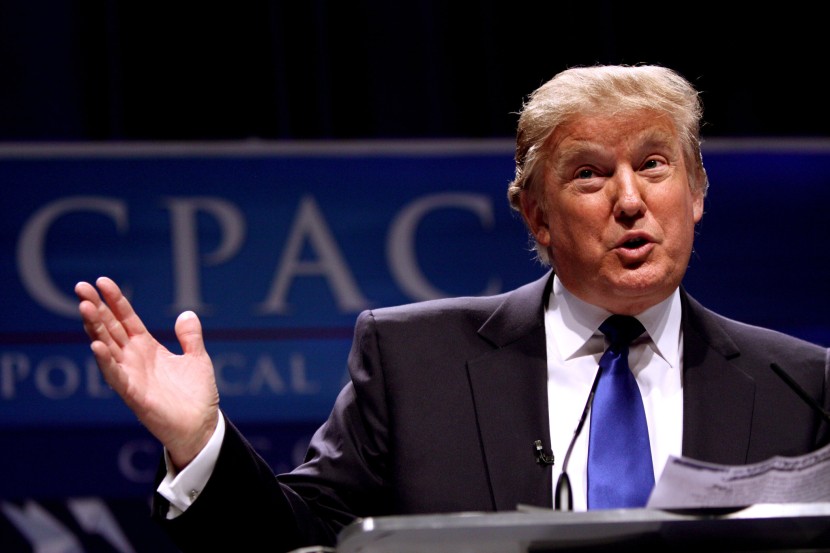Donald Trump's fervent desire extended beyond a New Hampshire win; he was determined to overcome his sole rival for the Republican presidential nomination, Nikki Haley, which would prompt her withdrawal from the race before the next competitive contest in South Carolina next month.

Trump, 77, seethed with anger when Haley, 52, declared in a Tuesday evening address her determination to continue the fight, merely 48 hours after the withdrawal of another prominent Republican contender, Florida Governor Ron DeSantis, said Reuters.
"Who the hell was the imposter who went up on the stage before, and like, claimed a victory?" Trump asked a crowd of supporters in New Hampshire, adding, "I don't get too angry. I get even."
As he campaigned in New Hampshire over the past week, Trump kept his focus on South Carolina, 700 miles (1,100 km) to the south, which will hold the next largely contested primary on Feb. 24.
The Trump campaign spent weeks planning a show of support aimed at knocking Haley out of the race before the South Carolina contest, Jason Miller, a senior Trump campaign adviser, told Reuters.
On Friday, Trump locked in the endorsement of former rival U.S. Senator Tim Scott of South Carolina, who campaigned with him alongside the state's governor, Henry McMaster, and other state officials.
At a Monday Trump rally, Scott told Reuters he had been torn between endorsing his former rival and staying out of the race altogether. Back-to-back calls from Trump on Jan. 14 and 15 persuaded him to act.
"Staying on the sidelines was not the right thing to do," said Scott, who was first appointed to the Senate by Haley in 2013. During Tuesday evening, he positioned himself behind Trump as the latter delivered his triumph speech, encouraging Haley to withdraw from the race.
Despite Trump's victory, Haley still believes the race is far from over, arguing she would have the best chance of beating Joe Biden in the Nov. 5 election.
How Is Nikki Haley Responding?
According to Politico, Haley is launching TV ads in South Carolina starting on Wednesday and has planned a Wednesday night campaign event near Charleston. However, South Carolina's electorate is much more conservative and evangelical-- the types of voters whom Trump has commanded in the first two nominating contests this month.
The outlet continued to reveal that more than a third of GOP primary voters in New Hampshire on Tuesday, 34 percent, identified as moderate or liberal, and Haley won 75 percent of them, according to the National Election Pool exit poll. South Carolina voters are more conservative: Just 19 percent of voters in the state's 2016 GOP primary identified as moderate or liberal.
Haley's campaign sent a memo Tuesday morning to reporters pointing to her once-unlikely victory in the testy 2010 primary for governor as an example to convey her history of running strong campaigns. However, she also had the backing of prominent figures on the right during that period. This time, her state's top Republicans are lining up against her.
© 2026 HNGN, All rights reserved. Do not reproduce without permission.









